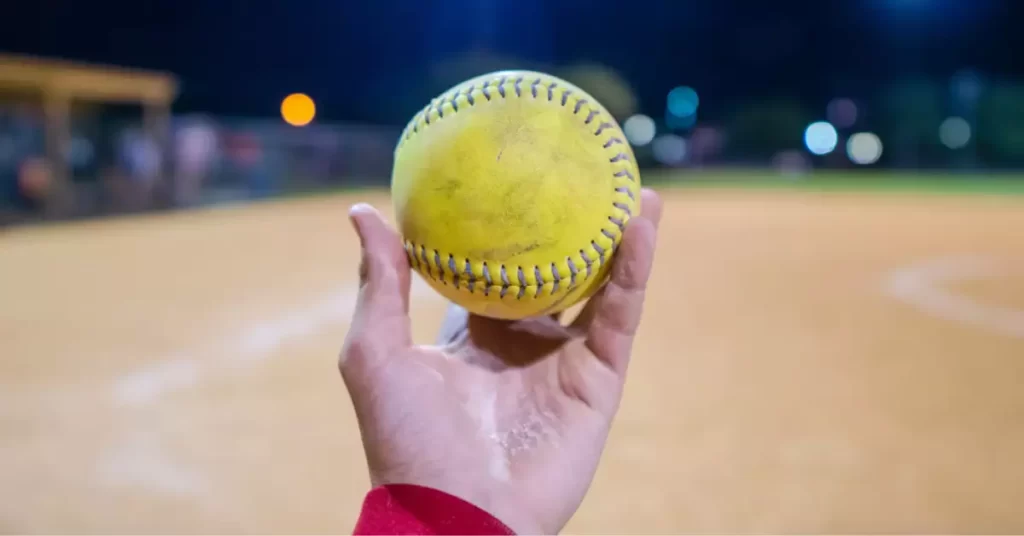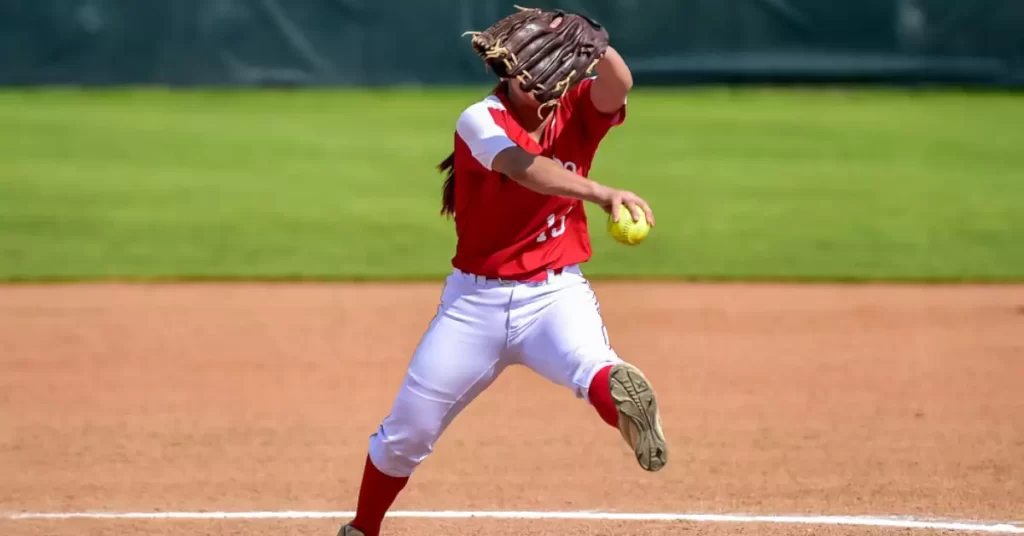Daddy Ball, a phenomenon that has been prevalent in youth sports for decades, often sparks heated debates among parents, coaches, and players. This term refers to a situation where a coach, who is also a parent, tends to favor their own child over other players, resulting in an unfair and biased distribution of playing time and opportunities.
In essence, Daddy Ball undermines the true spirit of sportsmanship, disrupts team dynamics, and hampers the development of young athletes. By analyzing its impact, identifying its signs, and discussing potential solutions, we aim to shed light on this controversial topic.
Get ready to dive into the world of Daddy Ball, as we explore its effects on youth sports and present effective strategies to prevent this unhealthy practice. Let’s work together to create a more equitable and nurturing environment for our future sports stars!
The Impact of Daddy Ball on Young Athletes
Stifled Development of Skills and Character
The effects of Daddy Ball on young athletes can be far-reaching and long-lasting. When a parent-coach focuses on their own child, it can hinder the development of other players, robbing them of valuable opportunities to learn, grow, and improve their skills.
This unequal treatment can also breed resentment and diminish team unity, which is essential for success in any sport.
Damaging Parent-Child Relationships
Ironically, the child of the parent-coach may not always benefit from Daddy Ball either. The pressure to perform and live up to a parent’s expectations can be overwhelming, leading to stress and a reduced enjoyment of the sport.
Additionally, the child may grow to resent the preferential treatment, especially if they’re aware of the negative impact it has on their teammates.

Why Do Parents Engage in Daddy Ball?
Living Vicariously Through Their Children
Some parents may have unfulfilled dreams of athletic success and seek to achieve those aspirations through their children. They may feel that providing their child with an advantage will increase the likelihood of achieving the success they never had.
Overzealous Competitive Drive
A strong competitive spirit can be a positive attribute, but when taken to the extreme, it can lead to Daddy Ball. Parents might feel an intense desire to see their child succeed, even if it means bending the rules or putting their interests ahead of the team.
Detecting Daddy Ball in Youth Sports
Unequal Playing Time and Opportunities
One of the most obvious signs of Daddy Ball is when the parent-coach’s child receives more playing time or opportunities than other players of equal or greater skill. This might include always being placed in the starting lineup or playing key positions, regardless of their abilities.
Favoritism and Biased Decision-Making
Daddy Ball can also manifest in the form of biased decision-making. This can include the parent-coach overlooking mistakes made by their own child, while being quick to criticize others for similar errors. They may also defend their child against criticism from other parents, officials, or even their own teammates.
How to Address and Prevent Daddy Ball
Open Communication Channels
To address and prevent Daddy Ball, it’s essential for all parties involved – coaches, parents, athletes, and even league administrators – to maintain open lines of communication.
Address concerns about favoritism as soon as they arise, and work together to create a fair and inclusive environment for all athletes.
Setting Clear Expectations and Guidelines
Establishing clear expectations and guidelines for coaches and parents can also help prevent Daddy Ball. This might include rules regarding playing time, position assignments, and the conduct of coaches, parents, and athletes.

Strategies for Coaches to Avoid Daddy Ball
Self-Reflection and Accountability
Coaches who are also parents should be vigilant about recognizing their own biases and ensuring that they’re treating all athletes fairly. Regular self-reflection and seeking feedback from assistant coaches or other parents can help maintain objectivity.
Prioritizing Athlete Development
By focusing on the development and well-being of all athletes on the team, coaches can minimize the risk of Daddy Ball.
This means giving each player an opportunity to learn, grow, and contribute to the team’s success, regardless of their relationship to the coach.
Tips for Parents to Combat Daddy Ball
Get Involved and Stay Informed
Parents can help combat Daddy Ball by staying involved in their child’s sports experience and being aware of what’s happening on the team. Attend games and practices, talk to other parents, and maintain open communication with the coach.
Advocate for Fairness
If you suspect Daddy Ball is occurring, voice your concerns to the coach or league administrators in a respectful and constructive manner. Advocate for fairness and equal opportunities for all athletes, not just your own child.
Advice for Athletes Affected by Daddy Ball
Focus on Personal Growth and Development
If you’re an athlete who feels disadvantaged by Daddy Ball, try to concentrate on your own growth and development. Use the situation as motivation to work harder and improve your skills, both on and off the field.
Seek Support from Teammates and Coaches
Don’t be afraid to talk to your teammates, assistant coaches, or even the head coach about your concerns. They may be able to provide guidance, support, or even help address the issue.
Alternatives to Traditional Youth Sports Organizations
Club and Travel Teams
For families who wish to avoid the potential pitfalls of Daddy Ball, there are alternative options. Club and travel teams often have professional, non-parent coaches who are more likely to prioritize player development and fairness over personal interests.
Community-Based Programs
Community-based programs, such as YMCA or Boys and Girls Club sports, can also provide a more inclusive and balanced environment for young athletes. These programs often emphasize teamwork, skill development, and sportsmanship over competition and winning at all costs.
FAQs
What is Daddy Ball?
Daddy Ball refers to a situation in youth sports where a parent, typically a father, serves as a coach and favors their own child over other players on the team.
How does Daddy Ball affect young athletes?
Daddy Ball can have a negative impact on the development and well-being of all athletes involved. It can hinder skill development and fair play, as the favored child may receive more playing time and opportunities, while other players may be benched or given limited chances to improve.
This can lead to feelings of resentment and discouragement among the other players, affecting their motivation and enjoyment of the sport.
What can be done to address Daddy Ball?
To address Daddy Ball, clear guidelines and policies for selecting coaches and ensuring fair play are important.
Encouraging open communication between coaches and parents, and creating a positive and inclusive team environment that values the development of all players can help prevent Daddy Ball and promote healthy competition.
Final Thoughts
Daddy Ball is a phenomenon that can have a detrimental impact on young athletes in youth sports. It can result in the favoritism of one child over others, ultimately leading to resentment and discouragement among the team.
To address Daddy Ball, clear policies and guidelines should be established to ensure fair play, and parents should be encouraged to support the team as a whole.
Building a positive and inclusive team environment that values the development and success of all players can help to prevent Daddy Ball and promote healthy competition. By working together to address Daddy Ball, we can create a more positive and enjoyable experience for young athletes in youth sports.
